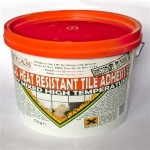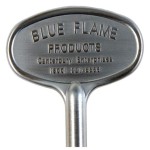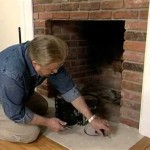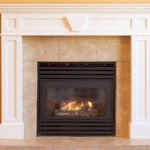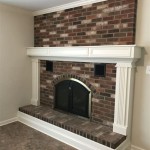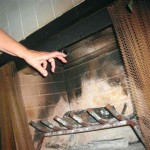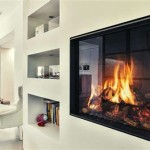Gas Fireplace Repairs: Addressing Common Issues and Ensuring Safe Operation
Gas fireplaces can provide warmth, ambiance, and a cozy focal point for any living space. However, like any appliance, they require regular maintenance and occasional repairs to ensure safe and efficient operation. This article will delve into common gas fireplace issues, providing practical advice on addressing them effectively.
Understanding Gas Fireplace Issues
Gas fireplace problems can stem from various factors, including malfunctioning components, improper installation, lack of maintenance, or natural wear and tear. Some common issues include:
- No Ignition or Flame: This could be due to a faulty ignition system, clogged gas lines, or a problem with the gas valve.
- Uneven or Flickering Flame: An inconsistent flame might indicate a problem with the gas pressure, a clogged burner, or a faulty pilot light.
- Excessive Soot or Smoke: This can be a sign of incomplete combustion, which could be caused by a blocked flue, a malfunctioning blower, or a faulty burner.
- Unusual Noises: Noises like popping, rattling, or screeching could indicate loose components, worn-out parts, or a problem with the blower motor.
- Gas Leaks: A strong gas smell is an immediate danger signal, and requires immediate attention from a qualified professional.
Troubleshooting Gas Fireplace Issues
For minor issues like a faulty pilot light or a clogged burner, basic troubleshooting can be attempted. However, it's crucial to prioritize safety and rely on a qualified technician for complex problems or if you suspect a gas leak. Here are some initial steps to take:
- Check the Gas Supply: Ensure the gas valve is turned on and the supply line is open. If using a propane tank, verify that it's full and the regulator is functioning correctly.
- Examine the Pilot Light: If the pilot light is out, follow the manufacturer's instructions to reignite it. Ensure the pilot flame is blue and steady.
- Inspect the Burner: Remove the burner cover and check for debris or blockages. Clean the burner with a soft brush or vacuum cleaner.
- Check the Flue and Chimney: Ensure the flue is open and free of obstructions. A clogged flue can prevent proper ventilation and lead to safety hazards.
If these basic troubleshooting steps fail to resolve the issue, it's advisable to contact a qualified HVAC technician or a fireplace specialist. They possess the expertise and equipment to diagnose and repair complex gas fireplace problems safely and effectively.
Professional Gas Fireplace Repairs: Expertise and Safety
Gas fireplaces are complex appliances that require specialized knowledge and tools for repair. Hiring a professional for repairs offers several advantages:
- Expert Diagnosis: Professionals can accurately diagnose the root cause of the problem, avoiding costly oversights and haphazard repairs.
- Safe Handling of Gas: Gas is a flammable substance that requires specialized training and equipment for safe handling. Professionals possess the necessary expertise to ensure safe repairs.
- Quality Parts and Labor: Professionals use high-quality parts and adhere to industry standards, ensuring long-term reliability and safety.
- Warranty and Insurance: Many professionals offer warranties on their repairs and carry insurance, providing peace of mind.
By engaging a qualified professional, homeowners can ensure that their gas fireplace repairs are performed correctly and safely, restoring its functionality and enjoyment.
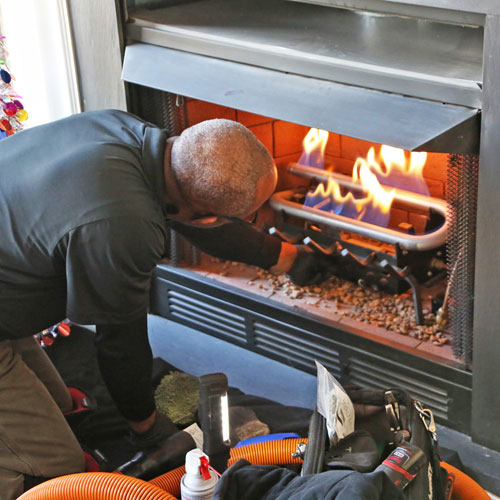
Reasons Your Gas Fireplace Isn T Working Experts

Gas Fireplace Insert Repair Install Princeton Service

How Much Maintenance Does A Gas Fireplace Need

Gas Fireplace Repair Services Maryland Nova Dc

Fireplace Repair How Much Does A Cost

Gas Fireplace Service Repair Frederick Md Installation

What You Should Know About Gas Fireplace Maintenance

Gas Fireplace Service In Winchester Tn Is Your Leaking

Fireplace Maintenance For Wood And Gas Fireplaces Sierra Hearth Home

Fireplace Repair Maintenance Cleaning Inspection Gas Service Grill
Related Posts

